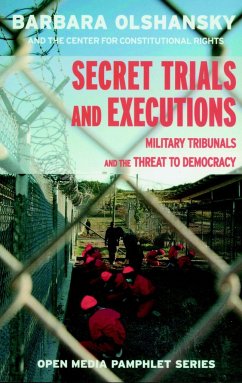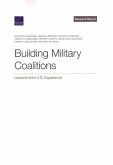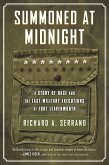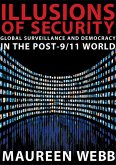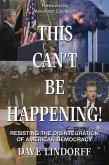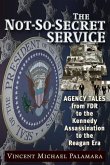Since the attacks of September 11th, there has been a sweeping revision of U.S. immigration laws, foreign intelligence gathering operations, and domestic law enforcement procedures. While aimed at countering terrorism and bringing to justice those individuals who are responsible for carrying out acts of terror against the U.S., many of these measures also involve a profound curtailment of our constitutional rights and liberties. Among the most controversial of the new measures is the unprecedented order authorizing the creation of special military tribunals to try non-citizens suspected of terrorism. In Secret Trials and Executions, Olshansky helps us step back for a moment to assess several of the Bush Administration's 2001 policy pronouncements, and examine how the Constitution addresses the cardinal issues of military authority and the requirements of due process and equal protection under the law, and how the courts and Congress have defined the proper roles of the executive, legislative, and judicial branches in our federal government. To provide a framework for this analysis, Olshansky looks at the history of military tribunals, whether the current situation warrants the type of forum proposed by the president, the official positions that our government has taken with regard to the use of military tribunals by other nations, the legal basis for the specific form of military tribunal that is established by the Military Order, what alternatives exist to bring to justice those who may be guilty of such crimes, what constitutional principles are at stake in this decision, and what the decision to use military tribunals will mean in terms of this country's credibility and moral authority in the international arena.
Hinweis: Dieser Artikel kann nur an eine deutsche Lieferadresse ausgeliefert werden.
Hinweis: Dieser Artikel kann nur an eine deutsche Lieferadresse ausgeliefert werden.

